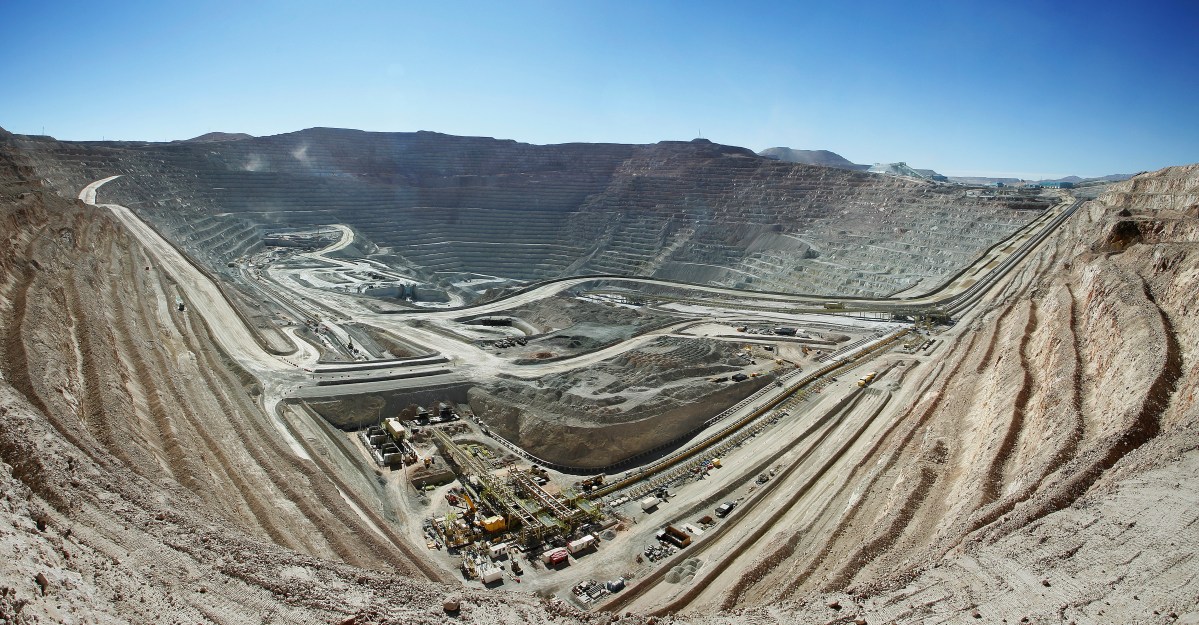Driving battery-powered cars to help the environment is great. The mining of Atacama, Chile needed to create those batteries, however, is pretty destructive to the environment.
In one of the more frustrating modern day catch-22’s, Bloomberg reported that the desert area is important to the creation of electric car batteries because of its massive deposits of copper and lithium. And mining has really picked up over the past few years thanks to the world’s growing need for lithium — which Chile exported nearly $1 billion of last year alone.
Mining of lithium is typically seen as good for the environment, according to Bloomberg, as more car companies, like Tesla, seek to make it easier and more affordable for people to make the switch from gas to battery. Adding more electric cars to the mix is one of the most effective ways of bringing down the nearly 16 percent of global carbon emissions that come from different means of getting around.
But in order to take Atacama’s lithium out of the ground, large amounts of water are pumped into the ground. This process churns up salty mud known as brine, which destroys the ecosystem and local drinking water.
“We’re fooling ourselves if we call this sustainable and green mining,” said Cristina Dorador, a Chilean biologist who studies microbial life in the Atacama desert. “The lithium fever should slow down because it’s directly damaging salt flats, the ecosystem and local communities.”
Editor’s Note: RealClearLife, a news and lifestyle publisher, is now a part of InsideHook. Together, we’ll be covering current events, pop culture, sports, travel, health and the world. Subscribe here for our free daily newsletter.
Thanks for reading InsideHook. Sign up for our daily newsletter and be in the know.


















